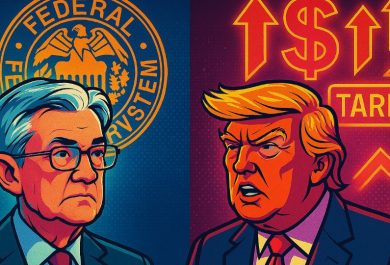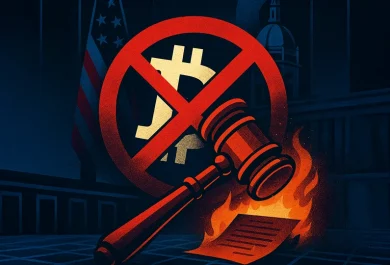Amid the growing number of crypto regulators, the Republic of Nauru created history by becoming the first Pacific country to establish a digital asset regulator, named Command Ridge Virtual Asset Authority (CRVAA). The Nauru Parliament passed the legislation to launch a virtual asset regulatory authority on June 17.
In a landmark move for the Pacific region, the Nauru Parliament has today passed legislation to establish a dedicated virtual asset regulatory authority. https://t.co/GVpd7O1oUm
— Republic of Nauru (@Republic_Nauru) June 17, 2025
How will the CRVAA oversee digital assets?
According to the Nauru government statement, the bill established the CRVAA, named after the highest point of land in Nauru. The regulatory authority will oversee virtual assets, digital banking, and Web3 innovation. With the new regulation, Virtual Asset Service Providers (VASPs) can register and offer their services from Nauru. Besides, CRVAA will enhance cybersecurity standards, manage financial transactions, and enforce compliance with international anti-money laundering and financial transparency protocols.
New regulation strengthens financial integrity: David Adeang
In the wake of the new milestone, the President of Nauru, David Adeang, added: “This bold step aims to harness the potential of virtual assets to diversify revenue streams and fortify economic resilience.” The new achievement also puts the country as a digital asset leader in the region, and strengthens financial integrity, investing in future generations, and building new ways for resilience.
One noteworthy thing is, Nauru is facing high exposure to economic and environmental challenges. That said, it is considered one of the Pacific’s most risky nations, according to the United Nations Multidimensional Vulnerability Index (MVI). It is at this arduous time that the government has legislated the digital asset regulation, which, in the president’s eye, is a way to “embrace innovation”.
As more countries explore the potential of digital assets, particularly cryptocurrencies, there are more regulatory frameworks coming into existence. At the moment, the UAE, the US, the European Union, Japan, and South Korea are some of the prominent countries that have introduced and put forward comprehensive regulatory frameworks for virtual assets.










